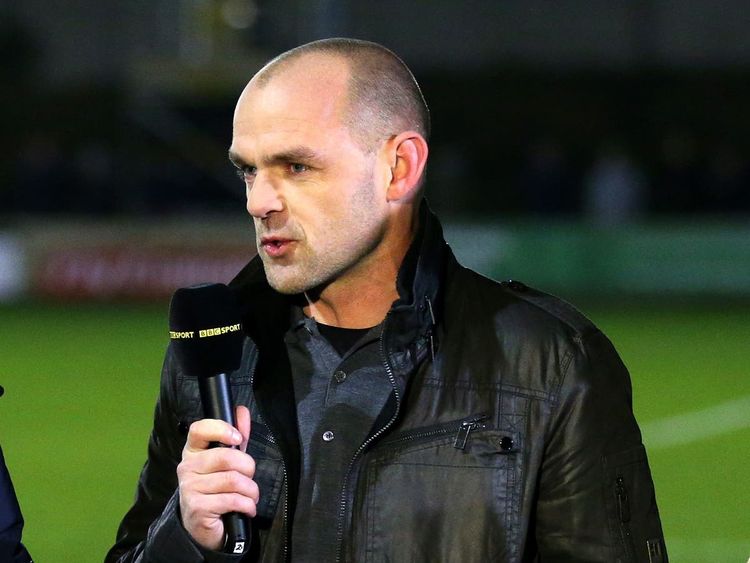Danny Murphy reveals cocaine addiction after retiring from football

Get Miguel Delaney's Reading The Game Newsletter Delivered To Your Inbox For Free!
"Get Miguel's Free Weekly Newsletter - Sign Up Now!"
Danny Murphy, the ex-England and Liverpool midfielder, has openly admitted to developing a cocaine addiction following the cessation of his football career in 2013.
Murphy had a career that lasted for twenty years, during which he played for several teams like Crewe, Charlton, Tottenham, Fulham, Blackburn, and Liverpool.
After his retirement from playing football, he took up a job as an analyst providing expert opinions for a range of media organizations such as the British Broadcasting Corporation (BBC).
Murphy shared on the Ben Health Podcast that when football is not available, difficulties seem insurmountable.
Playing football can cause a rush of adrenaline and dopamine, which can help you stay focused and energized."
I went through a phase where I used cocaine and smoked some marijuana. I didn't have a strong attachment to alcohol and could easily do without it. I didn't consider myself to be someone who struggles with alcohol addiction, as I could easily be around it without any desire to drink.
When questioned about his cocaine usage, the man who is 47 years of age responded by saying: "At one point, I did become reliant on it. I had the notion that I couldn't function without it, which obviously wasn't true."
"At first, you take control of it by perhaps doing it on a weekly basis, maybe twice a week. You could also consider adding an additional day to your schedule. Gradually, it gains momentum and becomes an integral part of your routine."
According to Murphy, he discovered therapy and assistance to aid him in overcoming his addiction.
The midfield player has participated in over 400 Premier League matches. Once he transferred from Crewe to Liverpool in 1997, he played a role in the team that achieved a Uefa Cup, FA Cup, and League Cup treble victory in 2001.
Murphy shared that she had experienced some intense moments of hopelessness. While there is more assistance available nowadays, there is still no guarantee of a foolproof solution.











































